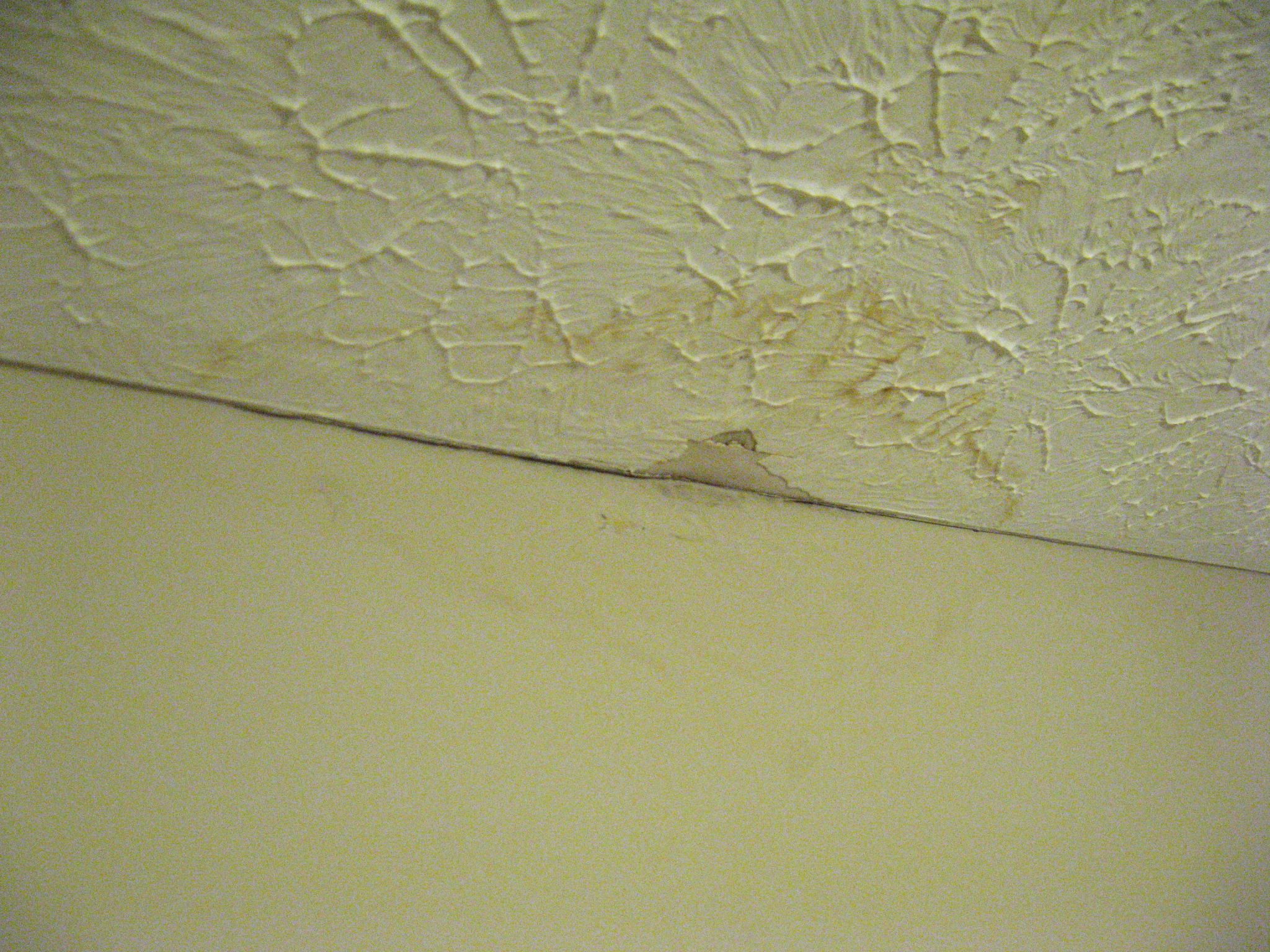Pinpoint Why Water Seepage in The Home
Pinpoint Why Water Seepage in The Home
Blog Article
Are you on the lookout for advise around How to detect water leaks in your home?

Leakages not only cause waste of water however can additionally create unnecessary damages to your residence as well as advertise undesirable organic development. By recognizing and also looking for day-to-day scenarios that create leakages, you can protect your residence from future leakages as well as unneeded damages.
Elbowing in origins
Most water leakages begin outside your home instead of inside it. If you observe an unexpected decline in water stress, state in your faucet, take some time to head out and analyze your backyard. You may discover wet patches or sinkholes in your backyard, and that may imply that tree roots are invading water lines triggering water to leak out. You can have your plumber check for intrusion, especially if you have trees or bushes near your residential property.
Corroded water systems
This may be the reason of staining or bending on your water pipelines. If our plumbing system is old, take into consideration changing the pipelines given that they are at a greater threat of deterioration than the more recent versions.
Faulty Pipeline Joints
The point at which your pipelines connect is regularly the weakest link in the waterline. Pipe joints can degrade over time, leading to water leaks. Regrettably, most of pipeline joints are not quickly noticeable. If you have noisy pipes that make ticking or banging sounds, particularly when the warm water is activated, your pipeline joints are probably under a great deal of stress. It is advisable to have your plumber examine your system once a year.
Instantaneous temperature adjustments.
Extreme temperature level modifications in our pipes can cause them to expand as well as contract suddenly. This growth and contraction may create cracks in the pipelines, specifically if the temperature level are listed below freezing.
Poor Water Connectors
Sometimes, a leakage can be caused by loosened hoses as well as pipes that supply your home appliances. Most of the time, shifting is what causes the loosened water Links. You may find in the case of a cleaning maker, a pipe may spring a leakage because of trembling during the spin cycle. In case of a water connections leak, you might see water running directly from the supply line or pools around your appliances.
Obstructed Drains
Obstructed drains pipes could be annoying and inconveniencing, however they can occasionally end up triggering an overflow resulting in rupture pipes. Maintain eliminating any products that may decrease your drains pipes that can obstruct them to avoid such hassles.
All the above are sources of leaks yet not all water leakages arise from plumbing leakages; some leakages could originate from roof covering leakages. All leakages must be fixed promptly to stay clear of water damages.
Leaks not only cause waste of water but can additionally cause unneeded damages to your house and advertise undesirable organic growth. By looking and comprehending for everyday scenarios that trigger leakages, you can safeguard your home from future leakages as well as unneeded damages. Today, we will look at 6 leak creates that may be creating your pipes to leak.
At times, a leakage can be caused by loose tubes and pipes that provide your appliances. In situation of a water links leakage, you may discover water running straight from the supply line or puddles around your appliances.
How To Check For Water Leak In Your Home
How To Check for Leaks
The average household's leaks can account for nearly 10,000 gallons of water wasted every year and ten percent of homes have leaks that waste 90 gallons or more per day. Common types of leaks found in the home are worn toilet flappers, dripping faucets, and other leaking valves. These types of leaks are often easy to fix, requiring only a few tools and hardware that can pay for themselves in water savings. Fixing easily corrected household water leaks can save homeowners about 10 percent on their water bills.
To check for leaks in your home, you first need to determine whether you're wasting water and then identify the source of the leak. Here are some tips for finding leaks:
Take a look at your water usage during a colder month, such as January or February. If a family of four exceeds 12,000 gallons per month, there are serious leaks.
Check your water meter before and after a two-hour period when no water is being used. If the meter changes at all, you probably have a leak.
Identify toilet leaks by placing a drop of food coloring in the toilet tank. If any color shows up in the bowl after 10 minutes, you have a leak. (Be sure to flush immediately after the experiment to avoid staining the tank.)
Examine faucet gaskets and pipe fittings for any water on the outside of the pipe to check for surface leaks.
Undetected water leaks can happen without the home or business owner even realizing. If you suspect a water leak, but not able to find the source. It is time to contact a professional water leak detection service, The Leak Doctor.
How To Find a Water Leak In Your Home
https://www.leakdoctor.com/blog/How-To-Check-For-Water-Leak-In-Your-Home_AE197.html

We had been made aware of that article about How Fast Water Damage Can Ruin Your Home from an acquaintance on another web property. Remember to take the opportunity to share this blog posting if you enjoyed reading it. I am grateful for your time. Visit again soon.
Contact Report this page